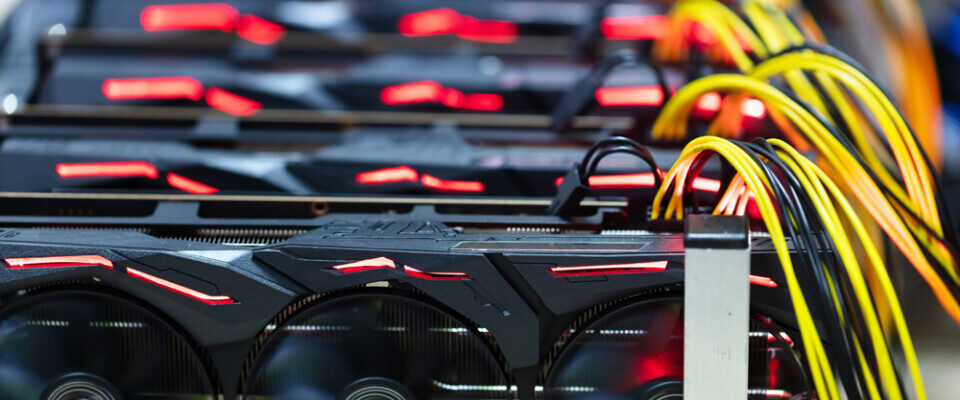Two bills have been passed by the Arkansas State House that could impose restrictions on crypto mining in the state.
Even though these bills have not yet evolved into fully-fledged laws, they will serve as the foundation for further discussions that could eventually lead to potential legislation.
The bills
On April 17th, a Senate hearing was conducted in which lawmakers aimed to address general concerns, such as foreign ownership, noise reduction, and the proximity of crypto mining facilities to residential areas.
On Wednesday, a total of eight bills were presented to the House, out of which eight were passed. Meanwhile last week, the Senate had approved just one bill that addressed cryptocurrencies.
There has been a lot of debate about whether there should be an amendment in Act 851 and how much detail should be added to the amendments.
The matter will be discussed by the committees before a law is potentially passed either in the ongoing fiscal session or the coming one.
The bill dictates that the Arkansas Data Centers Act of 2023 aims to regulate the bitcoin mining industry within the state.
It aims to create guidelines for miners and protect them from discriminatory taxes and regulations.
The criticism
Bitcoin mining has faced a lot of criticism because it is an energy-intensive and prolonged process that generates a significant amount of waste.
According to Investopedia, about 77 kilotons of electrical waste can be associated with Bitcoin mining every year.
There are legal challenges facing crypto mining outside of the United States as well. A bill had been proposed by lawmakers in Paraguay to ban crypto mining and related activities temporarily.
The South American nation said that illegal crypto mines had been stealing power and causing interruptions in the electricity supply.
The legislation that has been proposed is aimed at preventing the establishment of crypto mining facilities.
In addition, it also intends to stop activities that involve the preservation, creation, storage and trading of cryptocurrencies.
But, progress over the mining ban has been halted by Paraguayan senators and officials are now weighing in on the benefits of selling excess energy to miners from its Itaipu hydropower plant.
Other factors
There is also a significant amount of pressure on Bitcoin miners this week because the halving event is drawing closer.
According to research, it is possible that miners may liquidate Bitcoin worth $5 million in the months after the halving.
This selling would cause an overhang that is expected to last for about four to six months and could explain why Bitcoin could go sideways for the next few months.
It is something that has also happened in the past halvings. The same could happen this time around, which would mean a challenge for the crypto market for the next six months.

